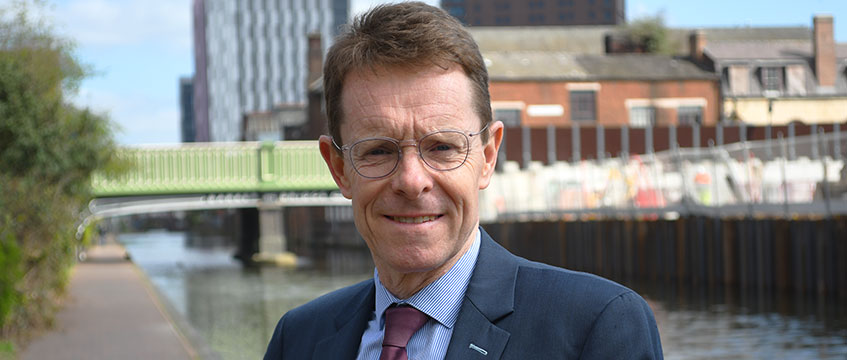COMMENT: The local high street is the traditional backbone of the UK’s towns and cities. Boasting an array of thriving local businesses and big-name stores, the high street has stood proud for decades. But as online giants continue to flex their considerable muscles, our high streets are in serious trouble.
There is plenty that can be done to help transform their fortunes, ranging from changing the fundamental make-up of town centres to improving transport links.
But any changes we make will be undermined by an outdated business rates system, which penalises businesses which rely on having large properties, such as retailers and manufacturers. Any high-street transformation must start with a review of business rates, and this is something I will be pressing the incoming Conservative leader to make one of his priorities.
Broken system
The pitfalls of the current system are obvious. Business rates make up only 4% of overall taxation, yet prove to be the most problematic for small businesses, particularly in less affluent parts of the UK.
Measures are being taken to help alleviate some of the pressure, such as the Chancellor’s 1/3 relief for businesses with a rateable value of under £51,000. But we cannot keep using reliefs as sticking plasters to fix a system that is fundamentally broken.
These are the points I made when I appeared in front of the Treasury select committee last month, where I also made some suggestions as to how business rates could be transformed.
“Any high-street transformation must start with a review of business rates, and this is something I will be pressing the incoming Conservative leader to make one of his priorities.”
One of the changes I am advocating is giving local authorities the power to reduce business rates and grant reliefs to new and expanding businesses. I would also like to see a 100% relief introduced for public sector organisations – such as the NHS – which bring their services into high-street locations.
Tax online businesses
These exemptions could be funded by increased taxation on online businesses. Amazon paid only £4.6m in corporation tax last year, which cannot possibly be acceptable. The Chancellor introduced a digital services tax in last year’s Budget, but I would like to see this extended. The current proposal is a 2% tax for companies that have a global revenue of more than £500m. I want the taxation rate to be higher, and the threshold to be lower. Another option could be to introduce an online advertising tax. This could raise more than £110m a year with taxation set as low as 1%.
More money to fund business rate relief also could be found from the additional council tax revenue as more homes are built in town centres.
But while a review of the business rates system is needed as soon as possible, it is not the only change that needs to be implemented to help the high street. It is time for the traditional high street to look beyond the struggling retail sector and start to encompass more homes, public services, and a range of businesses, including start-ups.
Create ‘free trade zones’
One way in which this could be done is by turning town centres into ‘free trade zones’. These zones, which would be allocated by local authorities, would incorporate my proposed business rate relief and exemptions while improving local policing and infrastructure. Special planning conditions would be introduced to allow rapid change of uses – including, for example, from retail to residential.
We must act now to save our high streets, with business rates the first item on the agenda.
Andy Street is mayor of the West Midlands Combined Authority











